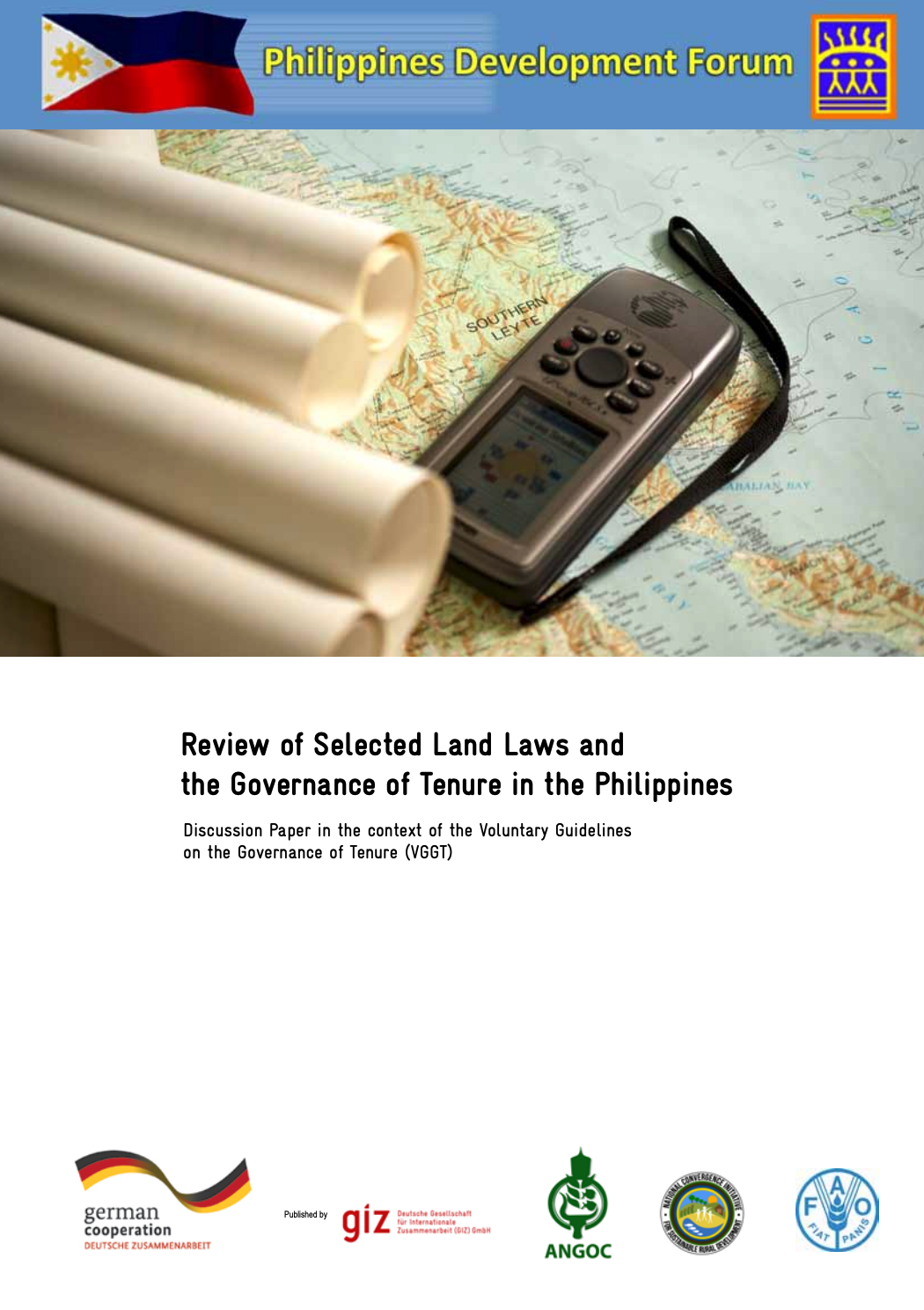Resource information
The Voluntary Guidelines on Responsible Governance of Tenure of Land, Fisheries and Forests in the Context of National Food Security (VGGT), was developed under the Committee on World Food Security as a result of collaboration among different groups of stakeholders – governments, civil society, private sector, academia. The VGGT is intended to provide a framework for responsible tenure governance that supports food security, poverty alleviation, sustainable resource use and environmental protection. It sets out principles and internationallyaccepted practices that may guide the review, preparation and implementation of policies and laws related to land tenure & resource governance.
The Voluntary Guidelines on Responsible Governance of Tenure addresses a wide range of issues including:
- Recognition and protection of legitimate tenure rights, even under informal systems
- Best practices for registration and transfer of tenure rights
- Making sure that tenure administrative systems are accessible and affordable
- Managing expropriations and restitution of land to people who were forcibly evicted in the past
- Recognition of rights of indigenous communities
- Ensuring that investment in agricultural lands occurs responsibly and transparently
- Mechanisms for resolving disputes over tenure rights
- Dealing with the expansion of cities into rural areas
- Dealing with tenure rights in the context of climate change, disasters and conflict
However, the Voluntary Guidelines (VGGT) does not establish binding applications nor does it replace existing laws, treaties and agreements. Here lies the challenge. How can the Voluntary Guidelines enforce its objectives?



